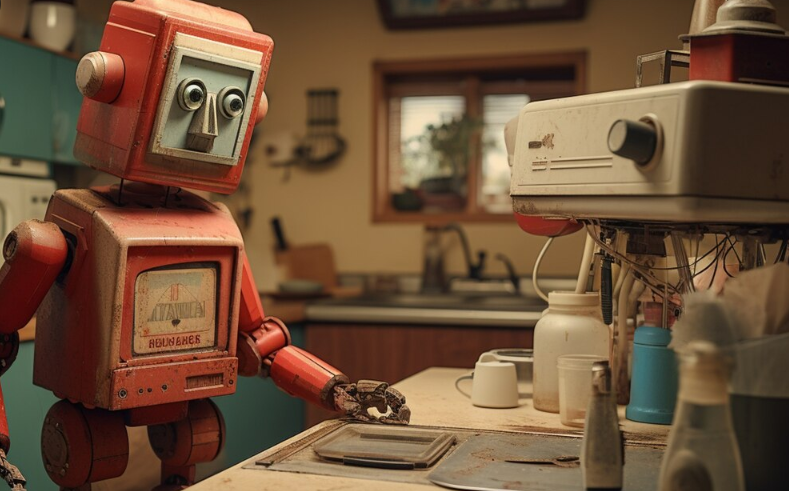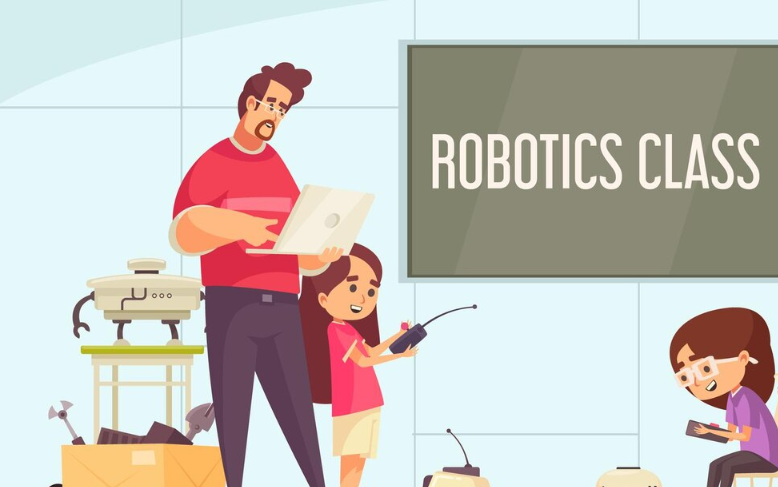In the rapidly evolving world of biotechnology, the intersection of genetics and creativity is no longer a distant dream. With advances in gene editing and biotechnology, the possibility of enhancing human creativity by manipulating our genetic code is now on the horizon. This idea, once confined to science fiction, raises important questions about the nature of creativity, ethics, and the potential for a future where genetic engineering could unlock human potential in unprecedented ways.
Understanding Gene Editing
Before diving into how gene hacking could enhance creativity, it’s important to understand what gene editing is. Gene editing refers to the manipulation of an organism’s DNA—either by removing, adding, or altering specific genetic material. Tools like CRISPR-Cas9 allow scientists to make these changes with precision, opening new doors for genetic modification in humans, animals, and plants.
Though gene editing is mostly associated with medical applications, such as curing genetic diseases, scientists are beginning to explore its potential for enhancing traits unrelated to health—like intelligence, emotional resilience, and creativity.
Creativity: A Genetic Puzzle
Creativity is often considered a uniquely human trait, shaped by a blend of biology, environment, and personal experiences. But how much of creativity can be traced back to our DNA? While creativity has traditionally been linked to environmental factors—education, exposure to the arts, and personal experiences—research suggests that genetics may play a significant role in determining how creative we can be.
Genetic Factors in Creativity
Some studies have indicated that certain genes associated with dopamine regulation and neuroplasticity can influence creative thinking. For example:
- The DRD2 gene has been linked to novelty-seeking behaviors, which are often associated with creative exploration.
- BDNF (Brain-Derived Neurotrophic Factor), involved in neuron growth and brain function, is thought to enhance the brain’s ability to form new connections, a key factor in creative thinking.
Thus, the genetic code already contains some clues about how our brains generate creative ideas. Gene hacking could potentially enhance or activate these natural tendencies, allowing individuals to unlock new levels of creativity.
Gene Hacking for Creativity: The Possibilities
Imagine a future where genetic modifications allow humans to:
- Increase mental flexibility: The ability to think outside the box and adapt to new challenges.
- Boost memory and recall: Enhancing the brain’s ability to store and retrieve information, allowing for greater knowledge integration and innovative thinking.
- Enhance emotional intelligence: Creativity often stems from emotional insight and empathy. Gene editing could improve one’s emotional understanding, fostering more profound artistic expression.
- Reduce cognitive barriers: Modifying genes that influence anxiety or self-doubt could create a mindset that is more conducive to free-flowing, unimpeded creativity.
Real-World Applications
While we’re still in the early stages, gene editing for creativity could eventually have a profound impact on various fields:
- Art: Musicians, painters, and writers could experience an increase in inspiration, novel ideas, and the ability to push creative boundaries.
- Science and Technology: Inventors and researchers could solve complex problems more quickly by thinking in novel, unconventional ways.
- Design and Innovation: The next generation of designers might be able to access a deeper pool of creativity, leading to breakthroughs in architecture, product design, and even fashion.
Ethical Considerations and Risks
With the potential to enhance creativity through gene hacking comes a host of ethical concerns. Manipulating human genes for creativity could:
- Create inequality: If such technologies were only available to the wealthy, it could widen the gap between those with access to genetic enhancements and those without.
- Undermine diversity: Creativity thrives on diversity, and gene editing could inadvertently standardize certain traits, diminishing the varied and unique ways in which humans create.
- Lead to unintended consequences: While gene editing holds immense promise, we still don’t fully understand the long-term effects of altering human genes, especially when it comes to complex traits like creativity.
A New Frontier for Human Potential
The idea of gene hacking for creativity isn’t just about improving individual performance—it’s about pushing the boundaries of human potential. If gene editing can unlock greater cognitive abilities, emotional depth, and creative expression, it could fundamentally transform the way we live, work, and innovate.
However, as with any powerful technology, the key to its responsible use lies in a balance of scientific progress and ethical responsibility. The future of gene hacking for creativity holds immense promise, but it will require careful consideration of the consequences for individuals and society as a whole.
Conclusion
Gene hacking for creativity represents a fascinating frontier where biotechnology and human potential collide. While the science is still in its infancy, the possibility of using genetic editing to enhance creativity challenges our understanding of what it means to be human. As we venture further into this brave new world, the question is not just what we can achieve with gene hacking, but whether we should—and how we can ensure that such advancements benefit everyone, not just a select few.


